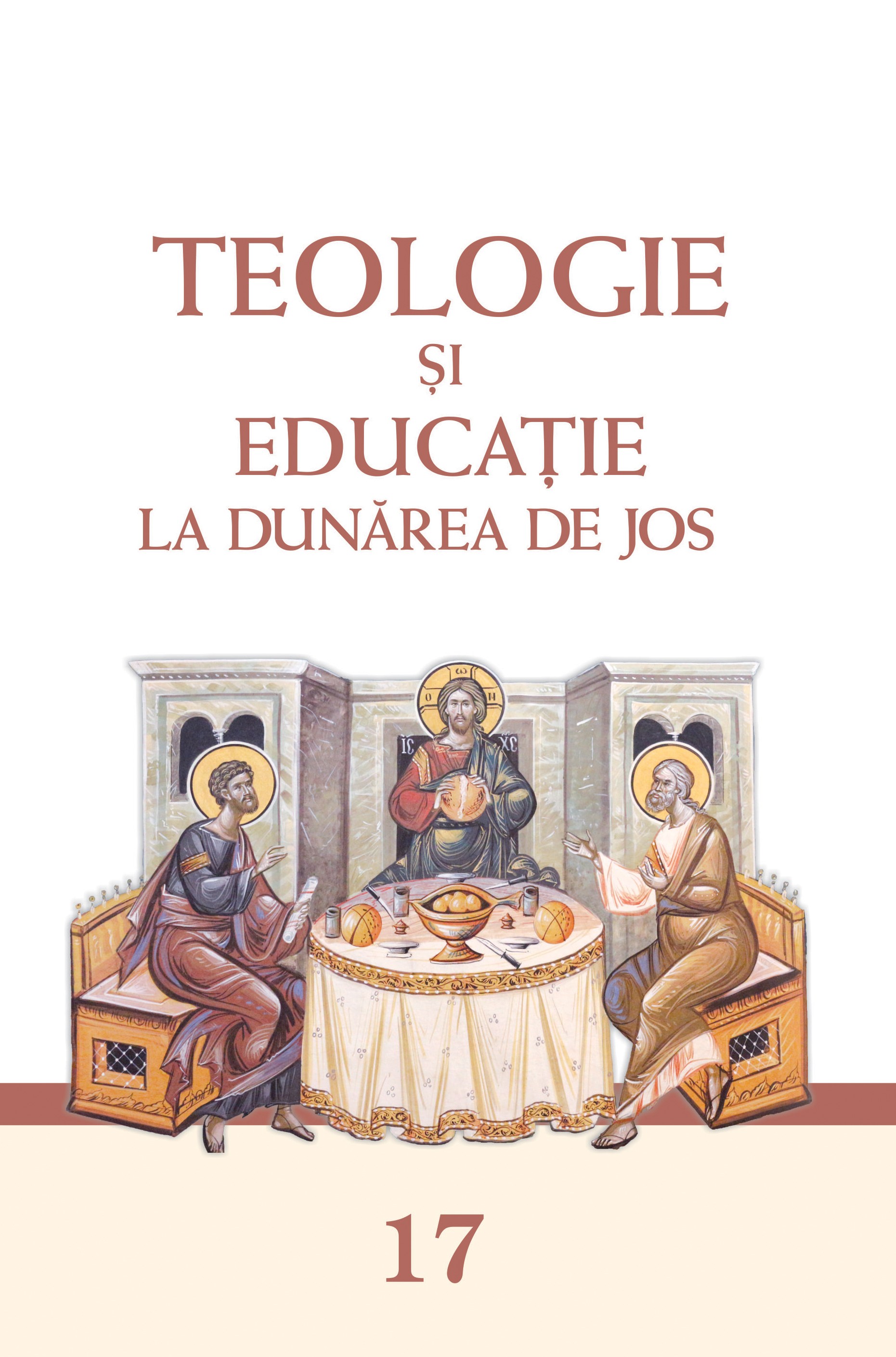Folclor și identitate
Folklore and Identity
Author(s): Sabina IspasSubject(s): Christian Theology and Religion
Published by: EDITURA ARHIEPISCOPIEI DUNĂRII DE JOS
Keywords: ethnography; ethnology; folklore; popular traditions; popular beliefs; identity; celebration
Summary/Abstract: The folklore phenomenon (the deep, oral, popular, traditional culture) is represented by all the creations of a community that is based on tradition, are expressed by a group of individuals and recognized as reflections of its expectations to the extent that it represents its social and cultural identity. This is, in fact, a sum of local, village and city identities in which "individual identities" are incorporated. Through it, the fusion between territory, language and people is obtained, which is legitimized "through a genealogy and a space conceptualized as such". We belong to a world in which access to information is open to all. In this context, in order to find yourself, you must define and assume your own identity. Such a complicated and responsible process cannot be undertaken without reference to the traditional system of norms, expressed in that large segment of the culture that is folklore. A Europe of nations cannot be achieved without knowing and understanding the system of values to which they have appealed throughout the entire period of their definition. Folklore is a fundamental landmark for the man of the post-industrial society who is in search of the self. Along with the scholarly culture, to which it is complementary, folklore contributes to the realization of the universal, European, national heritage. Forms of expression of folklore, musical, literary or choreic texts, ritual practices, beliefs, the dominant religion of the group, etc. cooperates for the purpose of forming this identity. The standards and values are transmitted orally, by imitation or other means. Folklore includes, inter alia, phenomena of language, literature, music, dance, games, mythology, rituals, customs, crafts, architecture and other arts. The present study highlights, synthetically and systematically, the main traditions created and developed over time by the Romanian people, traditions that define it and give it a specific identity.
Journal: TEOLOGIE ȘI EDUCAȚIE LA DUNĂREA DE JOS
- Issue Year: 17/2019
- Issue No: 17
- Page Range: 183-199
- Page Count: 17
- Language: Romanian

